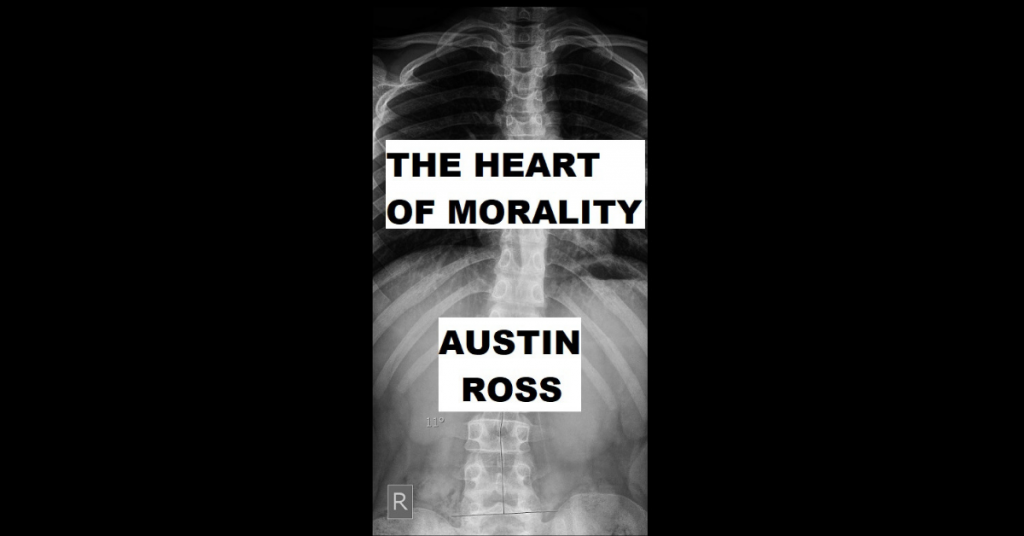Daddy’s monster is back. That slightly musky scent of sawgrass wafts in across the Everglades as he slides a single bullet into the revolver. This is what I remember, all these years later. This incident with the revolver is familiar to me, a nightly ritual to cap off our evenings of foil-wrapped TV dinners and, for him, nearly a third of a bottle of whiskey. I have learned by now to keep silent during the ritual.
As he examines the revolver in his hands, polishes the silver of the barrel with his sleeve, I think: he isn’t such a bad Daddy. His monster is one that only I can see. He still takes me for bike rides, sometimes, through St. Mary’s Park after school, still holds my hand as we sit in the church pew in our Sunday best. The monster inside him has slowly eaten away at what makes him Daddy. It reminds me of the alligators that I can occasionally hear through my bedroom window during the long summer nights. I can forgive Daddy for what he’s become, I think—if only because it is sadness, and not anger, that made him this way.
Tonight feels different to me, though. We are both sweaty from the oppressive Everglade heat. He has stripped to a pair of pants and an undershirt. I am still in my dress, my feet hot from wearing the shoes and socks of my school uniform. My legs dangle from the chair. I wish I was taller, older. Daddy looks at me and sips from the whiskey bottle. He spins the chamber of the revolver, clicks it shut, presses the tip of the barrel to his temple. He looks me in the eye, smiles sadly, and pulls the trigger. Click. No bullet this time. My heart is beating so fast I think it might burst, but I don’t cry. Crying makes it worse.
This is our ritual—Daddy will now press the tip of the barrel to my head, pull the trigger, and afterwards we will watch I Love Lucy, neither of us speaking in the quiet, desperate aftermath. Which of us did he want to die more? The girl with her mother’s eyes, or the widowed father? I don’t know.
Daddy slowly exhales, and I am brought back to this moment, now. Tonight is different: he slides the revolver across the table, removes his hand slowly. He looks at me, his eyes curious, like a wild animal’s, as though to ask: what are you going to do?
“Go ahead,” he says. The sound is deafening in the silence. “Pick it up.”
The revolver gleams on the kitchen table. I stare at it, my heart beating faster with each second.
“This is the heart of morality,” Daddy says, tapping the kitchen table with his finger. “A loaded gun.”
I look Daddy in the eye, carefully examine him. His face is expressionless as he watches me carefully, and I wonder: if I pick it up, will it make things worse?
I sense Daddy’s monster behind his eyes. It had come to live with us after Momma died—slumped over the kitchen table one day, her own monster—bowel cancer—having devoured her quickly and unexpectedly. Over the years, Daddy had learned to chain the monster up. When others saw him, it was manageable and tame. But I know it’s neither of those things. It will destroy him if he lets it.
I pick up the revolver, feel the weight of it in my hands, the authority it brings. I open the chamber, see the single bullet resting inside. Tears are streaming down my cheeks. I can sense Daddy’s immense sorrow. As the tears well and my vision blurs, Daddy shimmers and splits into two.
“Do it,” they both say as the monster grows. The lights above us flicker as their black tendrils stretch across the table towards me.
I slide the chamber closed again and pick one of the Daddy’s, squeeze the trigger, and in the explosion of sound, something leaves the room, some massive presence, and I wipe my eyes clear and see Daddy crouched on the floor, crying but unharmed, and I run to him, apologizing, but all he does is say I’m sorry over and over and over as he hugs me tightly. In the distance, I can just hear the rumbling growl of an alligator, or perhaps a monster, retreating to the swamps.

